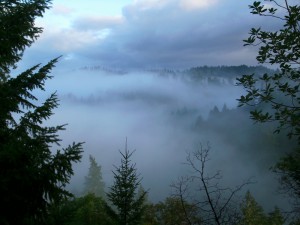Just heard through the Unitarian Universalist ministers grapevine (thanks, Craig!) that an interfaith clergy group will be supporting Occupy SF. Presumably other clergy groups will be providing similar support to other Occupy groups in other cities. Here are the details for the San Francisco event:
Clergy & Religious Leaders of all Faiths:
Monday, October 24, from 10:30-1:30
Meet at Justin Herman Plaza (near to Embarcadero BART stop), Stuart & Market St., in San Francisco.
Be part of an important interfaith clergy gathering and action to offer solidarity and faith-based support to the Occupy Wall Street movement and to show our commitment to working for long-term economic justice for all people.
Clergy & Religious leaders are asked to wear identifying clerical clothing (i.e. the religious garb, vestments, etc. of your faith and role). We will begin with prayer and ritual to rededicate ourselves to justice and prepare ourselves spiritually. Then we walk to the San Francisco Federal Reserve Bank (101 Market St.) to join in solidarity with “Occupy Wall Street — San Francisco” where we will offer our blessings and commitments of support as part of that witness for justice. We will then have an opportunity to go in smaller groups to key sites throughout the financial district for prayer.
Please share with your colleagues!
Info contact: interfaithclergy@gmail.com
Twitter: IntrfaithClergy
Facebook page: www.facebook.com/event.php?eid=167677486653763


